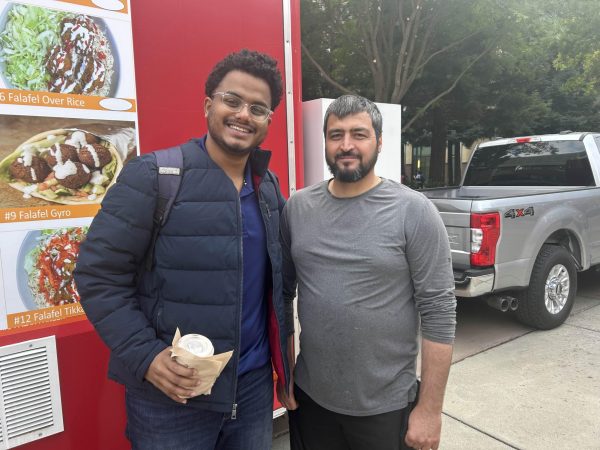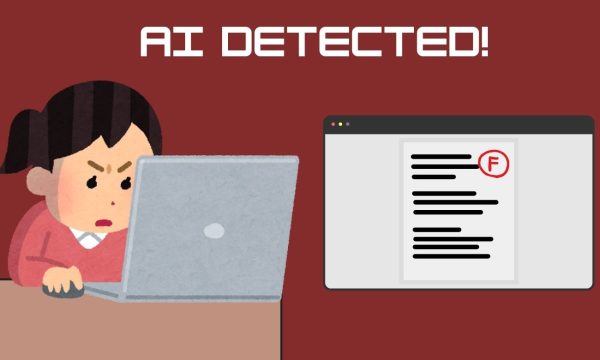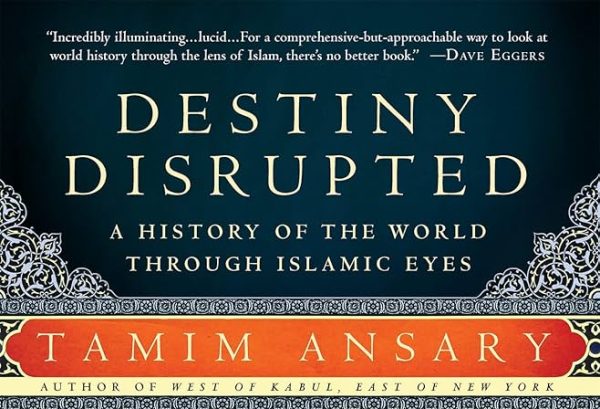Body cameras create issues
Concerns about officer-involved shootings have prompted an ongoing debate about body cameras for police officers.
This issue is considerably new to Chico but comes after Desmond Phillips was shot and killed by Chico Police.
According to KRCR News Channel, there are differing stories of what happened between Chico Police and Desmond Phillips during this time. Having a body camera on the police officers involved might have created a more developed story about what actually happened.
University Police Department Officer David Bird supports police officers wearing body cameras, but stated: “I do not believe the recent shooting would have ended any differently if a camera was present.” Bird further explained the cameras “cannot record what the officer is feeling and the emotion of the incident unfolding.”
There are many things to consider when crime scenes occur. Community residents must take into consideration the many different aspects that can happen in such a short, fast amount of time. Body cameras can help clarify a situation, especially one that ends in a shooting.
According to Officer Bird, a body camera is usually the size of a pager and sits on the officer’s shoulder, bill of a hat or lays on the chest.There is a light that tells everyone the camera is recording but not all cameras have this light.
The pros of having body cameras outweighs the cons. According to Safety Vision, many of those who don’t believe it is right for officers to have body cameras will argue and say that there are concerns about privacy issues. There is also the worry about cameras preventing a person from coming forward as a witness for fear of public exposure or retaliation.
Neither of these concerns should hold back officers from having body cameras. They aren’t just for the safety of the citizens, but they can protect the officers as well.
People who know they aren’t being recorded could get aggressive with an officer, and the footage can always be altered before being released to protect the identities of critical witnesses.
Officer Bird says that he has seen people calm down after finding out they are being recorded but has also seen people respond with attitude. If body cameras are able to calm a situation down, then there should be no debate that they can be used successfully.
People might get upset, but they’re going to be held accountable for their actions, and it will prevent aggressive actions because it will be caught on film.
This topic of officers implementing body cameras has been so controversial, creating many setbacks, one of which being policy. Officer Bird explains that there needs to be a clear policy written before the cameras are deployed.
Laying out ground rules on what should be done is essential so there isn’t any confusion with what goes on versus what should go on.
Bird stated, “If an officer is about to use deadly force, it should be recorded, but what if the officer doesn’t have time to turn on the camera? Now he is accused of misconduct because he didn’t turn on the camera.”
This is a hard topic of discussion, but body cameras should be used. People might not like being filmed, but everyone is safer by knowing what really transpired in interactions between an officer and a civilian.
Rachel Reyes can be reached at [email protected] or @rachhreyes on Twitter.








